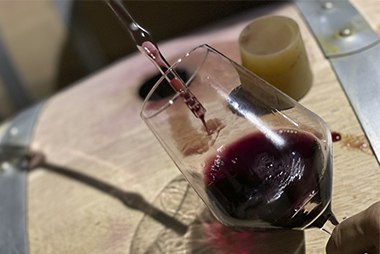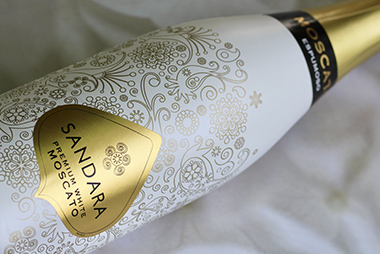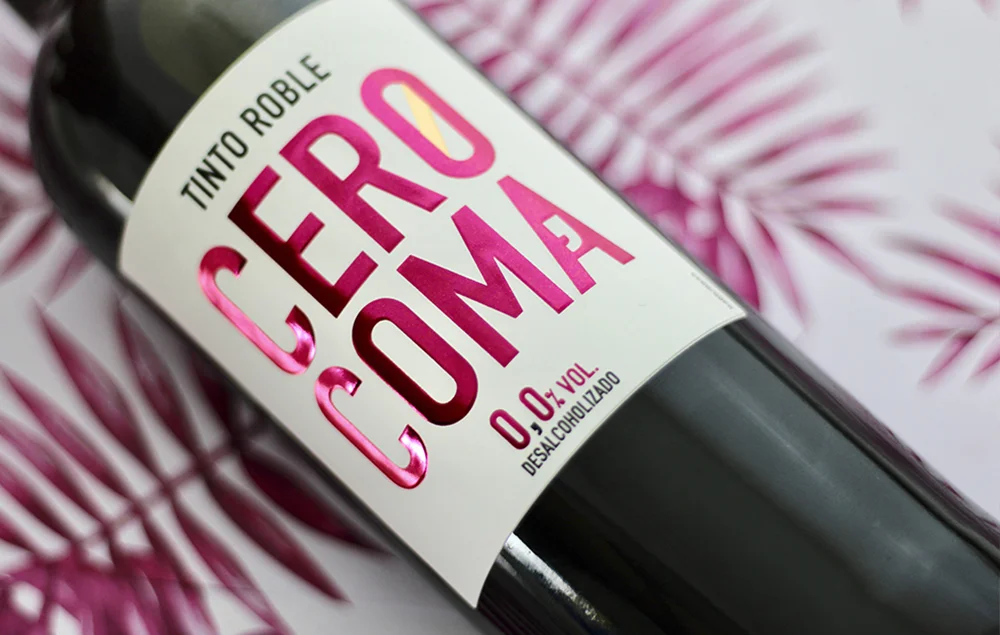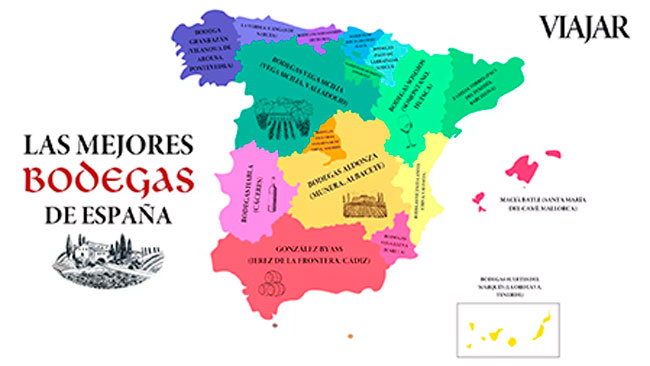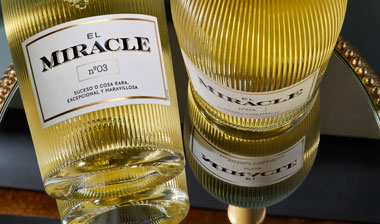As we have already seen, according to our leading guru Gordon M. Shepherd, the taste of wine is created in the brains of consumers, that is, the same wine is not perceived the same by different people. This is something we already know, it’s nothing new, and some of us like a wine that others don’t like so much, and vice versa. There are people who congratulate us because they have tried a new wine of ours and they have loved it, for example, Vicente Gandía Bobal Blanco. However, there are others who continue to buy Castillo de Liria Reserva to eat a paella on Sundays with friends.
There are many kinds of wine drinkers and we love variety
Wine is made of water (80% -90%), alcohol (10% -20%) and the rest are various nutrients and compounds that provide colour, aroma, flavour and body. The perception of the product is made by integrating all its components that make each one unique. But Vicente Gandía’s team of winemakers know much more about this, they make a tireless work to give their best in each product.
Then, how do we perceive wine? If we understand that it is the brain, through the senses, that forms the taste of wine in each consumer, then we must take into account all the senses available to the consumer and know their effect on our brain both in the purchase process and in the consumer experience.
And, what are those senses by which we perceive wine? The main senses involved in wine tasting are sight, smell, taste and perception through the trigeminal nerve that transmits sensations of heat / cold (and also pain, but this is not the case, except when it ends…)
Equally, and although it may not seem like it, the sense of hearing is quite important in the experience of drinking wine, although not so much in its analytical tasting. However, the sound of a cork popping or the bubbling of sparkling wine is always pleasing to the ear. Music is another element that contributes to the perception of wine. In addition, there is a lot of research that links music to the experience of drinking wine. More importantly, what a person has heard about a wine often influences their perception of it. In fact, the advertising industry and wine critics rely heavily on this aspect of wine appreciation.
Regarding the touch, the wine can be felt in the mouth through tactile sensors in the mouth and throat and, in addition, there are factors extrinsic to the product, such as the shape and weight of the bottle, and many others that intervene in the final perception of the product.
But it is very important to know that we not only taste with our senses, but that we taste with our minds. And our minds are routinely affected by a number of influences that, very often, we are not even aware. These unconscious influences are cognitive biases. Both our senses and our common sense can be affected by a number of strange factors that originate from what we know, or think we know, about the wine we are drinking.
The perception of wine is a personal experience that is nourished by the information that comes to us from all the senses. Not all people perceive it the same, but the important thing is that we enjoy this special product in moderation.

Article written by:
Raúl Custodio,
Director, Business Development

